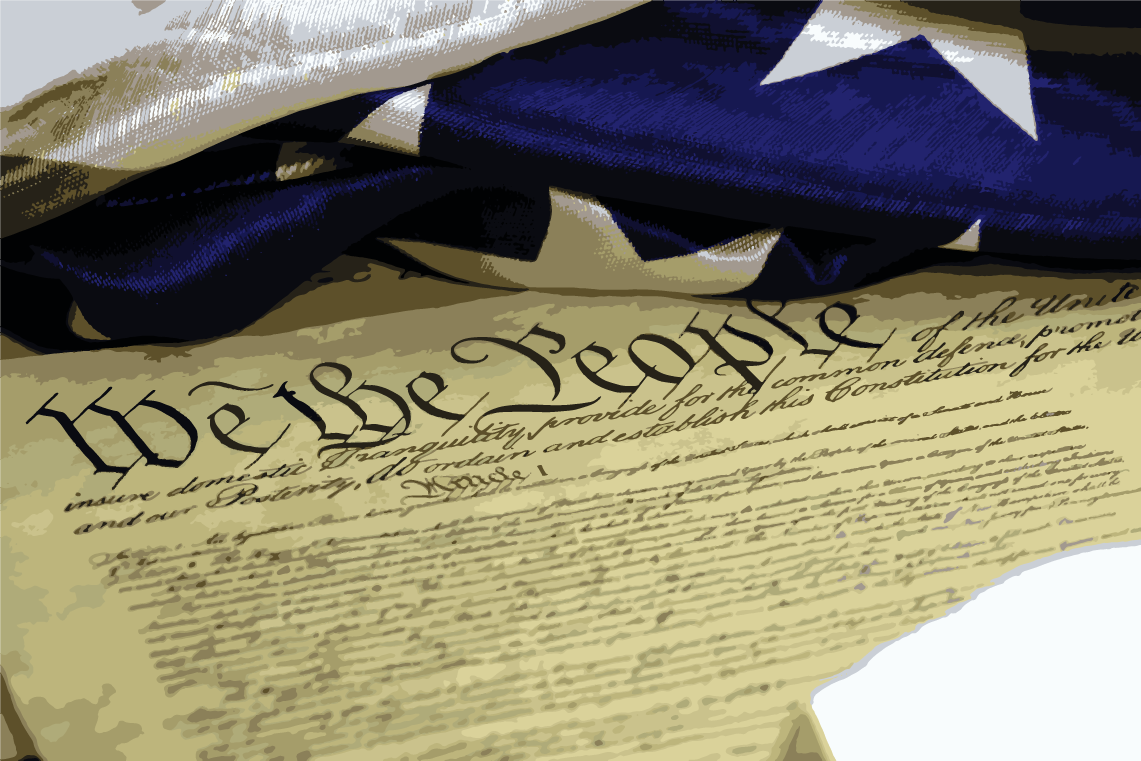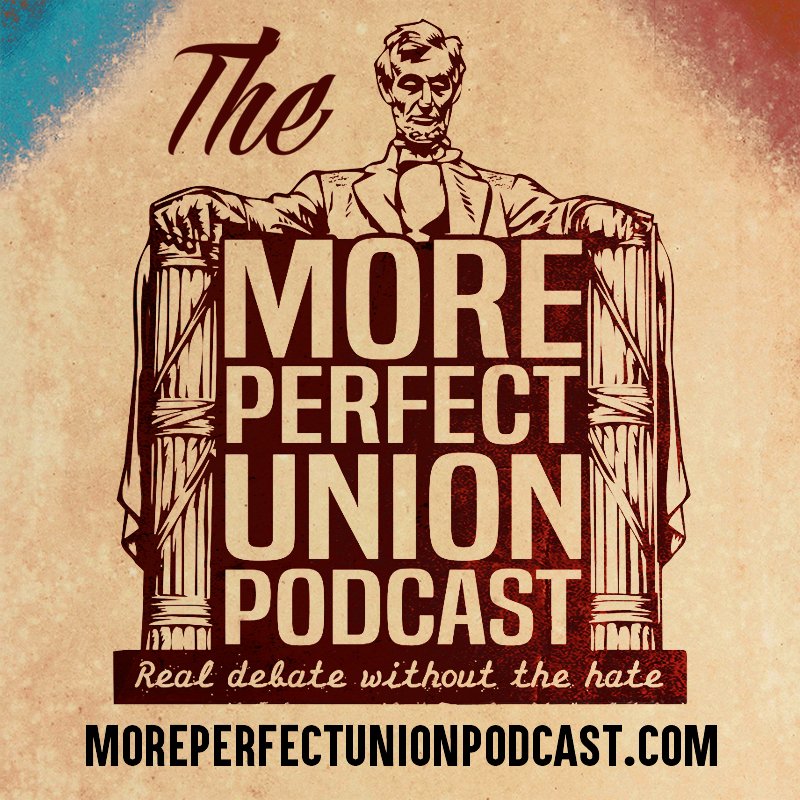

My Further Thoughts on Freer Markets and the Democratic Party

My Further Thoughts on Freer Markets and the Democratic Party
by D.J. McGuire
A couple of days after my post on where the modern center is for Democrats, many within the party seemed to confuse my preference for freer markets with support for “the Wall Street elite.” My previous post discussed neither Wall Street nor the economic “elite,” which clearly led a lot of folks on Facebook to assume I was an unadulterated fan of either. This post, I hope, will debunk those concerns.
For the most part, where economic issues are concerned, the argument within the Democratic party has evolved into a clash between admirers of European social democracy and supporters of what I would call a soft corporatism – much like the German Christian Democrats – which has been lumped in with other schools of thought into the overly vague Marxist term “capitalism.” Unfortunately, many conservatives and Republicans confuse corporatism with freer markets, calling both “capitalism.” This is one of the many reasons why I don’t use the term. Corporatism – government deliberately intervening to support large corporations in the name of “stability” or “national harmony” (or whatever soporific phrase comes to mind) – is not the same things as freer markets.
Indeed, several recent examples of this have arisen in American history: the resistance of special interests to the 1986 tax reform, agricultural subsidies that skewed the prices of food upward, lobbyists successfully convincing then-President George W. Bush to violate his free-trade promises and impose a tariff on steel, Boeing’s continually successful efforts to keep alive the Export-Import Bank, the eventual enactment of TARP (the bank bailout), and Ford supporting taxpayer bailouts for Chrysler and GM in order to maintain the Big Three oligopoly. Many of these efforts were supported by corporatists of either major political party. Many social democrats were skeptical of most.
Those of us who preferred freer markets backed none of them.
In order to win over freer market supporters in the Republican and Libertarian parties, the Democratic Party needs to recognize who these swing voters actually are – as in, not the straw men conjured up by years of tribal politics. Indeed, it is a bizarre irony of the 2016 Democratic nomination campaign that the policy stances most likely to warm the hearts of freer-market supporters – opposition to the 2008 bailouts and opposition to the Export-Import Bank – came not from Mrs. Clinton, but from Mr. Sanders.
I still believe that most Democrats, once they see what freer markets really mean, will be more comfortable with them than they are now.
A new cause celebre of the left – Minimum Basic Income – is actually an offshoot of the late conservative economist Milton Friedman’s attempt to replace the overly encroaching welfare state (he called it a Negative Income Tax). That can still be the plan for Democrats today, unless they think poor Americans deserve the welfare state’s overly intrusive regime lording over them.
The first carbon tax imposed in North America came in British Columbia in 2008 – as part of a larger tax reform plan that would be cheered by any supply-sider (including yours truly). Whenever Republicans get around to their attempt to enact tax reform, it will likely come with a hideous Border Adjustment Tax (a tariff by another name). Democrats can offer replacing it with a carbon tax.
One of the few arguments against freer trade that actually has some credibility is concern over labor rights in countries from whom we import goods, services, and materials. While tariffs and regulations may keep those goods out of our country, they do nothing to improve working conditions abroad. Rather, Democrats could look to advancing global efforts at labor organizational freedom (or enhancing and publicizing what efforts they already make here).
Oh, and when Bernie Sanders demands getting rid of the Export-Import Bank, Democrats ought to listen to him.
I will end with a reference to a study I also mentioned two days ago, Emily Ekins’ report on the five different Trump voters (Democracy Fund). From Ekins’ summary on the Free Marketeers:
For the general election, most say their aversion to Clinton, not support of Trump, was their true motivator . . .
(they) are the most educated and highly paid of the Trump groups (and non-Trump voters).
They are more cosmopolitan, the most likely group to know LGBT people, and they are least likely to watch TV or to smoke. Along with Staunch Conservatives, they are one of the most politically engaged and informed voter groups.
. . . Immigration is not their priority, they have warm feelings toward immigrants . . . Their own racial identity is not salient to them, and they are similar to Democrats in their warm feelings toward members of minority groups. They also reject nativist conceptions of American identity.
Given Trump’s rabid support for protectionism and political incompetence on everything else, these voters are sure to be the most disillusioned on the center-right, and most ripe for switching.
Democrats should see them for who they really are, and welcome them into the party.
D.J. McGuire is the conservative Democrat on More Perfect Union podcast – and sometimes feels like he is the lone conservative Democrat in the country.







One comment on “My Further Thoughts on Freer Markets and the Democratic Party”